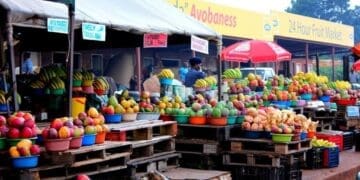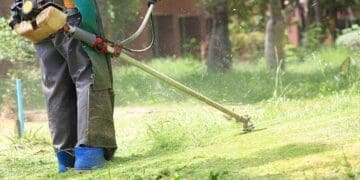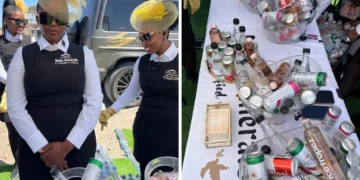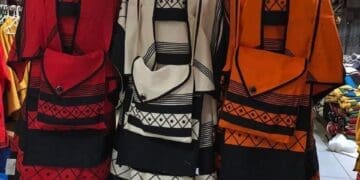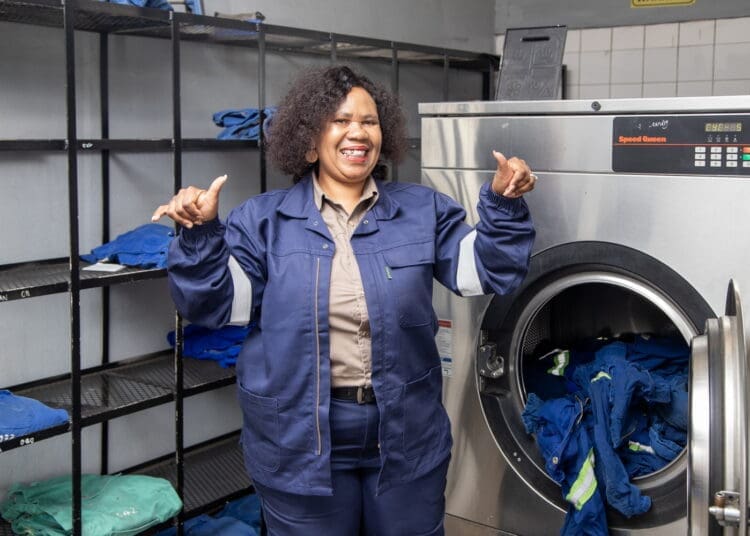Opportunities can be limited for rural-based women like Ntombifuthi Nkosi whose proximity to Kangra coal mine in Mpumalanga became a game changer.
Kangra coal mine is owned by Menar, a South African mining company with an actively managed and growing portfolio of diversified minerals.
Nkosi launched her company cand Projects with a team of just five. She now employs 64 people, servicing two companies, including Kangra.
Born and raised in Driefontein township, just a few kilometres from the mine, Nkosi’s motivation in business is her heartfelt desire to create employment opportunities for people in her community.
She has a team of 32, responsible for cleaning and gardening services at Kangra, while the rest are stationed at another company.
“All the people I have hired come from the local community, which means a lot to me,” she says.
The company also runs Kangra’s in-house laundry service.
Her working relationship with Kangra began in 2019, when the mine approached her as part of its local enterprise development programme.
At the time, Nkosi was running a small shop in Donkerhoek. They started her with a catering contract and later assisted her in starting a gardening services business.
As time passed, she expanded the business to include cleaning and laundry services through the mine’s support.
“Now I have my own machines and cleaning products. I am fully independent,” she remarks.
Nkosi also runs a shop that sells cleaning products in Piet Retief, and she has a livestock business.
She also provides free gardening services for a local school and supports a community netball team.
Her dream is to one day supply major companies with cleaning products.
At Gugulethu Colliery, a group of 11 local women formed a cooperative and secured an opportunity to run the mine’s laundry services.
Based in Hendrina, Gugulethu is managed through Menar’s Canyon Coal subsidiary.
Xoliswa Mokoena, Deliwe Shelemba, Linah Mokoena and Siphiwe Mahlangu are among the women who established the cooperative in 2023 when Gugulethu started operating.
The cooperative was named Bambisanani Bomama which means Women Working Together in isiZulu, a true reflection of how it was founded.
Mahlangu, who initially applied for the laundry contract, was encouraged to involve others. Members of the cooperative come from Davel and nearby farms like Mooivlei and De Wittekrans.
“I was advised to form a cooperative so that more women could be empowered, not just me,” she says. Mahlangu reached out to other women from the community whom she had connected with during public engagement meetings held in the early stages of the mine’s development.
“Finding other women to join this cooperative was not difficult because we all knew each other from the meetings, and we shared similar challenges, which gave us a common bond,” Mahlangu says.
Through Canyon Coal’s support, the women were able to start their venture. The company provided working space, washing machines, dryers, and detergent. Mahlangu says the opportunity has improved their lives.
“Before, all the women, including myself, were unemployed, and some are even single mothers,” she says.
Mokoena earned a living as an informal vendor selling snacks and fruit. However, the flow of income was not stable.
Sometimes, business was good, but other times, it would be very slow, with little to no customers coming through. “Although I was making some money, it was not sustainable. Being part of this cooperative has provided me and the other women with a sense of job security,” she says. Mokoena and her colleagues plan to explore more business opportunities and expand into sewing.



